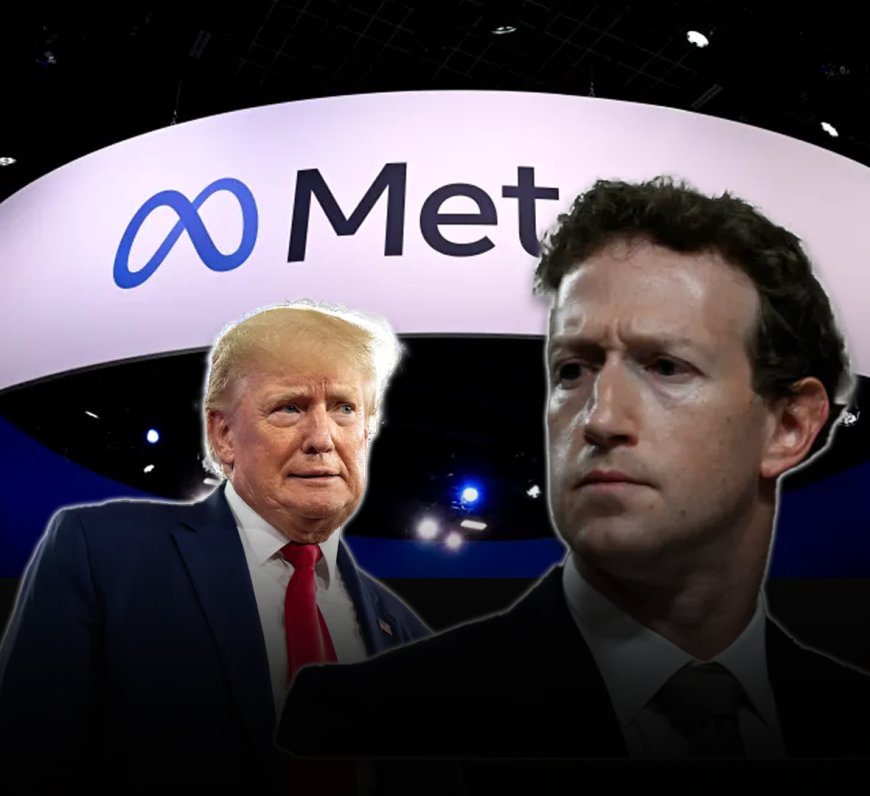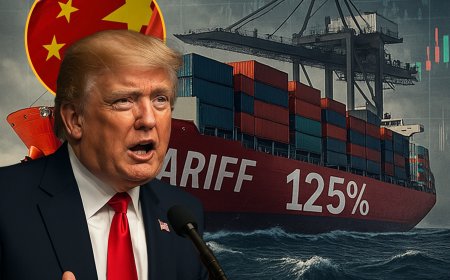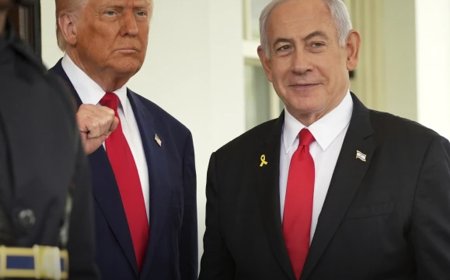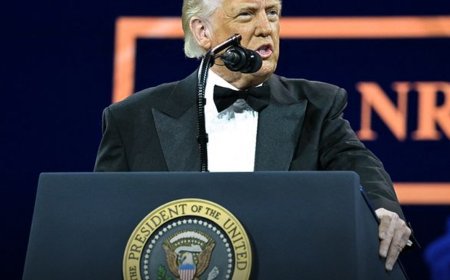Meta Ends Fact-Checking as Free Speech vs. Moderation Debate Heats Up
Meta CEO Mark Zuckerberg has announced the end of third-party fact-checking on the platform, marking a significant shift toward what he calls a "cultural tipping point" favoring free speech over content moderation.

Meta CEO Mark Zuckerberg has announced the end of third-party fact-checking on the platform, marking a significant shift toward what he calls a "cultural tipping point" favoring free speech over content moderation. This decision follows the re-election of Donald Trump as U.S. President-elect, signaling a broader trend in the digital world.
Why Did Meta End Fact-Checking?
Meta’s move reflects a pivot in societal and political priorities. Zuckerberg emphasized that the decision aligns with a growing demand for a less regulated internet, where voices across the spectrum can thrive without fear of suppression.
- Criticism of Bias: Zuckerberg claimed that fact-checkers have been perceived as politically biased, particularly in the United States, undermining public trust.
- New Alternatives: The company plans to phase in a "community notes" system, akin to the one used on X (formerly Twitter), which crowdsources explanatory notes on contentious posts.
A Global Decline in Fact-Checking Initiatives
Data from the Duke Reporters’ Lab shows that the number of global fact-checking projects peaked in 2022 at 457 before plateauing. The financial and political pressures facing these initiatives have been compounded by Meta’s decision, given the company’s $100 million investment in such programs from 2016 to 2022.
- Search Trends: Interest in terms like "fact-check" and "misinformation" has also waned, peaking in 2020 and 2022, according to Google search data.
Criticism and Reactions
Experts and organizations have raised concerns that Meta’s decision could exacerbate the spread of misinformation:
- Academic Perspective: Professor Stephan Lewandowsky warned that dismantling fact-checking aligns with autocratic tactics to remove accountability and stifle evidence-based debates.
- Journalistic Insight: Angie Drobnic Holan of the International Fact-Checking Network argued that fact-checking doesn’t censor content but adds crucial context to contentious claims.
- Conservative Viewpoint: Critics on the right view the shift as validation of their long-standing belief that fact-checking skews liberal.
Shifting Landscape of Misinformation
As platforms like Meta and X adopt looser moderation policies, experts worry that misinformation may thrive. However, others argue that banning narratives or figures rarely silences them, as audiences find alternative platforms to express their views.
“Fact-checking away an idea doesn’t kill it anymore,” said Donald Kimball, Tech Exchange editor at the Washington Policy Institute.
The Future of Fact-Checking
While fact-checking as a formal practice may decline, experts suggest it could evolve into new formats.
- New Forms of Journalism: Professor John P. Wihbey of Northeastern University predicts that the branding of “fact-checking” might change, but the pursuit of empirical truth will remain central to journalism.
- Continued Relevance: Despite its limitations, studies show fact-checking efforts, coupled with digital literacy programs, can modestly improve people’s ability to identify misinformation.
Key Takeaways
- Meta’s Move: Third-party fact-checking programs will end, replaced by user-driven features like “community notes.”
- Global Impact: Fact-checking initiatives face financial and political challenges, raising questions about their future.
- Broader Trend: The internet is shifting toward less moderation, reflecting political and cultural changes.
Written by: Hassan Ali (University of the Punjab).
- Search Trends: Interest in terms like "fact-check" and "misinformation" has also waned, peaking in 2020 and 2022, according to Google search data.
What's Your Reaction?











































































































